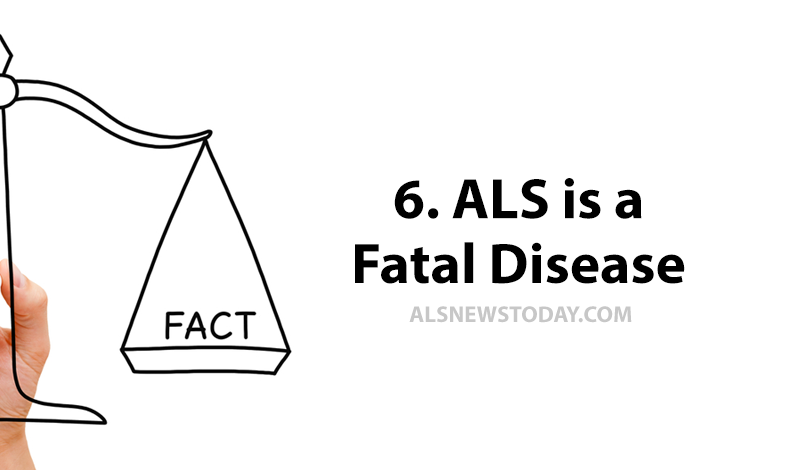7 Interesting Facts About ALS
Written by |

Amyotrophic lateral sclerosis (ALS) is sometimes known as Lou Gehrig disease after the baseball player who famously suffered from the disease. We’ve listed seven facts about ALS you should know about with help from prevention.com and the ALS Therapy Development Institute.
The first symptoms of ALS usually appear in a patient’s hands or feet. They might find that they are dragging their feet, tripping over a lot or dropping things. Some patient’s symptoms first develop in the mouth and they experience difficulty talking.
Find out more about seven symptoms of ALS.

There are only approximately 35,000 people in the U.S. with ALS, which works out at around two in 100,000. Worldwide there are approximately 450,000 ALS patients, and someone is diagnosed every 90 minutes.
10 tips for patients newly diagnosed with ALS.
While 5 to 10 percent of ALS patients have a family history of the disease, the rest do not. Some studies have linked the disease to smoking, but most patients will have no known cause for their development of ALS.
Read about six ALS therapies to improve quality of life.
Currently, there is no cure, but there are treatments available to help improve quality of life. The FDA has approved the drug Rilutek which can extend a person’s life by approximately three months.
Long-term use of Rilutek in seen to improve survival in ALS patients in China. Read more.
ALS cannot be diagnosed through blood tests, CT scans or other tests but patients will need to undergo these and other tests to rule out other diseases. Doctors will use the test results to give a diagnosis of possible, probable or definite ALS.
Read six tips to help you manage your ALS.
The average lifespan of someone diagnosed with ALS is between three and five years, although 10 percent of patients live for 10 years or more. Famously, scientist Stephen Hawkings has lived with the disease for more than 50 years.
Find out more about Stephen Hawkings’ journey with ALS.
Studies have found that people serving in the military are at a higher risk of developing ALS, particularly those who fought in the first Gulf War (1990-1991), who are 2.7 times more likely to die from ALS than the general public and men with any military service during the last century are 60 percent more likely.
ALS News Today is strictly a news and information website about the disease. It does not provide medical advice, diagnosis or treatment. This content is not intended to be a substitute for professional medical advice, diagnosis, or treatment. Always seek the advice of your physician or another qualified health provider with any questions you may have regarding a medical condition. Never disregard professional medical advice or delay in seeking it because of something you have read on this website.











